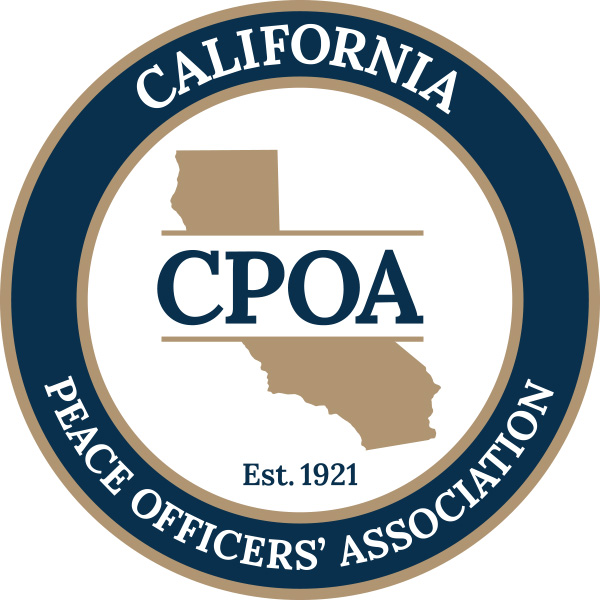By: Shaun Rundle, Deputy Director, CPOA.
After an exhausting last few years putting up every defensive move in the playbook against a barrage of legislation propelled by anti-law enforcement rhetoric, the public safety profession is again watching with bated breath the onslaught of 2020 ideas coming from the Capitol. At CPOA I thought use of force and records reform left nowhere to go, but I was wrong. Just when I think, “what else could they do to us?” I see and hear about the policy and legislative ideas being discussed for 2020. Sit back and hold on.
Let’s start with the Governor’s Penal Code Revision Commission. Governor Newsom’s FY 2019-20 Budget created this commission, who studies and makes recommendations on revision of the Penal Code. A few of this commission’s initial thoughts were:
-
-
- Getting rid of LWOP (Life Without Parole) in CA
- Setting a maximum 20-year sentence for homicide
-
Yes, scary. More information on this commission can be found here.
Now, let’s see what the Legislature has been up to. With every news headline, legislation soon follows. We’ve heard that legislation will be forthcoming to respond to the ‘McFarland story’ and attempt to set up a process to de-certify peace officers. Additionally, AB 1215 passed in 2019, which outlawed facial recognition software use with body worn cameras until 2023. This helpful technology, which can be an essential crime-solving tool when used correctly and accurately. Yet legislation will be introduced in 2020 which would outlaw this technology, whether used with body cams or not, for five years. With the Olympics coming to Los Angeles in 2028, and in the wake of recent active shooter incidents, this is not the right approach and CPOA will engage in this debate as we did with AB 1215.
Here is quick list other legislation that has been introduced thus far and should tell you all you need to know about what 2020 is shaping up to look like. These bills were recently introduced, thus do not have a hearing date scheduled yet.
AB 1599 (Cunningham-R)
Permits inspection of peace officer or custodial officer personnel records under the California Public Records Act (CPRA) that pertain to a peace officer or custodial officer accused of sexual assault involving a member of the public when the peace officer or custodial officer resigns before the employing agency has concluded its investigation into the sexual assault.
AB 1950 (Kamlager-D) Probation: length of terms
Would restrict he period of probation for a misdemeanor to no longer than 2 years instead of a period not to exceed 3 years.
AB 1999 (Frazier-D) Vehicles: speed limits
Would repeal that maximum 55 miles per hour speed limit for school buses and other vehicles under VC 22406, such as a vehicle transporting explosives.
AB 2077 (Ting-D) Hypodermic needles and syringes
Would repeal the requirement that hypodermic needles or syringes be sold upon the proscription of a physician, dentist, vet or naturopathic doctor.
SB 889 (Skinner-D) Juveniles
Would raise the age limit of juveniles in California until the age of 20, thereby allowing persons under 21 to avoid adult court sentencing.
I have been in conversations with the authors and staff on these bills, and our Law & Legislation Committee has reviewed them. As these and other bills are heard, CPOA will update our members on the impacts they pose to the profession.


